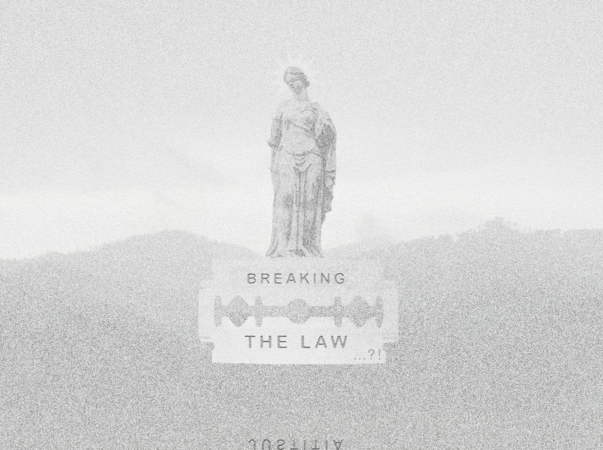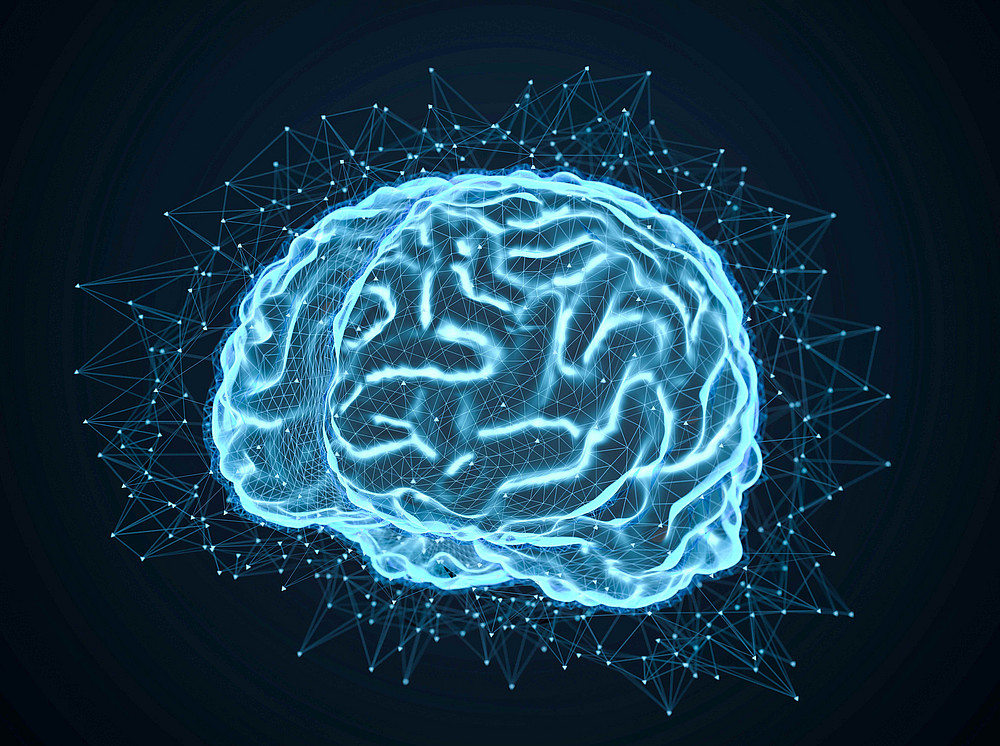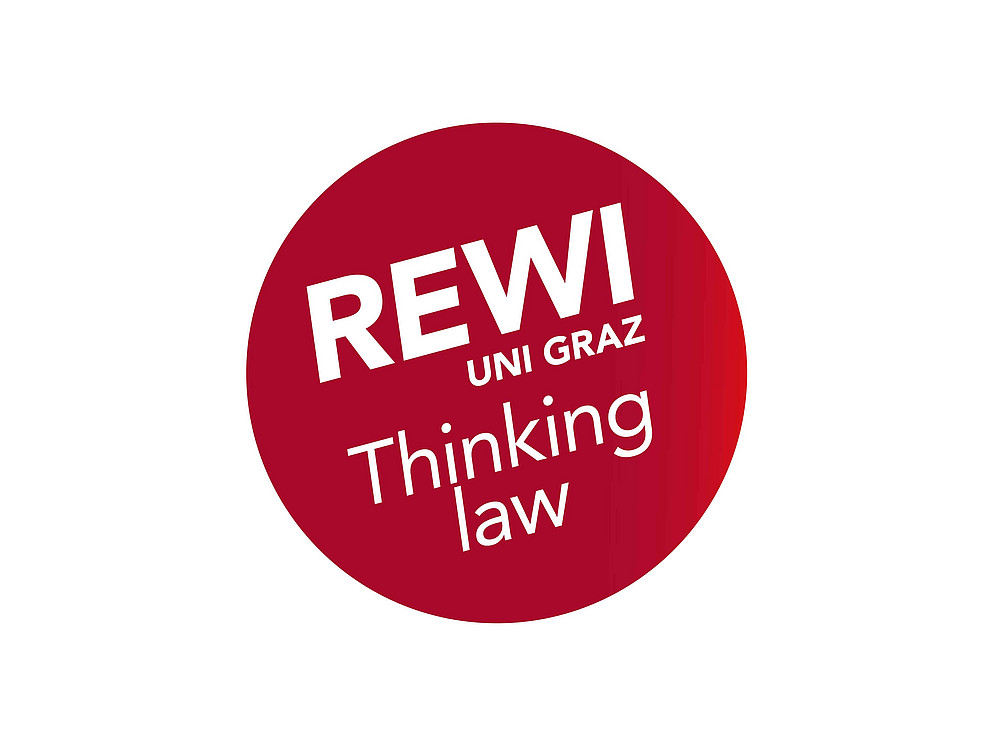Our Projects

Breaking the Law...?! Norm-related sonic knowledge in heavy metal culture (Norikum)
The aim of this FWF project, led by Dr. Pichler, is to investigate the cultural history of dealing with values and norms using the example of the thematic spectrum of "law" (law-justice-law-breaking) in the cultural history of heavy metal music. Since the emergence of its own metal culture scene, the topos of rebellion in the sense of 'Breaking the Law' (a song title by Judas Priest from 1980, which is still considered to be identity-forming for heavy metal today) has been a cement of the scene that has not yet been examined. In the emerging global field of 'metal music studies', this perspective is new and promises new insights. As a case study of this perspective, the project will examine the Graz and Styrian metal scene since 1980.
CODEMAL
CODEMAL - Cooperation Development among Mediators and Lawyers is a JUST project that aims to promote cooperation between practitioners, such as lawyers and mediators, and to support an effective and coherent application of the Brussels II regulations concerning jurisdiction and the recognition and enforcement of judgments in matrimonial and parental responsibility matters. CODEMAL will develop legal and mediation training to improve mutual and multidisciplinary understanding and promote a smoother resolution of cross-border family law disputes, especially those involving children. Within the project, the REWI Graz team, led by Prof. Ferz, is responsible for developing the materials to support the training.


The ,Agreement in rem‘ in the System of Causal Tradition
Historically, the 'agreement in rem' as a 'contract in rem' was 'discovered' or 'invented' by Savigny in the 19th century when rights in rem were transferred. The thesis was based on sources of Roman law and then codified in the BGB in 1900. Its history only began after the codification of the Austrian Civil Code (in force since 1812). The main point of contention in Austria is the point in time at which the 'contract in rem' is concluded: at the same time as the underlying transaction or upon transfer? This question was primarily raised in connection with the treatment of special issues and more or less en passant, but never subjected to an independent investigation. Among other things, the project investigates the extent to which arguments from the Swiss, Dutch and Spanish literature can be used for the Austrian legal situation, as the principle of 'causal tradition' also prevails there. The project questions not only the point in time at which an 'agreement in rem' is required, but also whether the concept of a 'contract in rem' is compatible with the basic values of Austrian civil law. The FWF project is being carried out by Prof. Isola from the Department of the Foundations of Law.
DISCOM
DISCOM - Development of Interdisciplinary Skills for Cooperation and Conflict Managementis an ERASMUS+ project that aims to strengthen students' interdisciplinary skills and soft skills, such as communication, teamwork, cooperation and conflict management. DISCOM therefore aims not only to help students achieve better results at university, but above all to better equip them for their professional lives. Studies have shown that although soft skills are of great importance in professional life, they are rarely taught at university. The DISCOM project is therefore developing an interdisciplinary course and corresponding training materials (including a mobile app) to be offered at the partner universities. Within the project, the REWI Graz team, led by Prof. Ferz, is responsible for developing the section on conflict diagnosis and conflict management.


Edu4Standards
Edu4Standards - Education for Standardization in the EU is a HorizonEurope Coordination and Support Action that brings together 18 partners from across Europe to strengthen the EU's expertise in the field of standards. Standards are essential for the efficient development of the digital, data-driven and green economy and for supporting the EU's interests in global markets. Nevertheless, the number of standardization experts in the EU could benefit from a pool of young professionals. Edu4Standards therefore aims to specify the standardization competences needed in the EU, analyse the fragmented teaching landscape and develop an innovative teaching approach to standardization suitable for different study contexts. The REWI Graz team, led by Prof. Staudegger from the Department of the Foundations of Law, will identify which values, green and digital skills are necessary for standardization education and then ensure that these are taken into account in the teaching concept developed by the project.
Global pandemic - regional resilience: Strengthening regional competencies for the prevention and management of health crises in Styria
Successful and therefore sustainable prevention and crisis management in the corona crisis requires a modern, adequate legal framework that strengthens regional resilience by granting appropriate powers and offers authorities and institutions, but also individuals, legal certainty when using digital infrastructures. In the Province of Styria project Global Pandemic - Regional Resilience , the existing legal framework and governance structures for control and crisis management in the Province of Styria are to be comprehensively and systematically evaluated by the team of Prof. Schulev Steindl and Prof. Marko for their strengths and weaknesses and options for strengthening regional competencies in this area are to be developed.


Learning analytics - students in focus
Students generate a wide range of different data that is available to universities. As part of the project, this data is processed in such a way that it can be directly reported back to students. The tools developed can help students to optimize their learning behavior and thus better manage their studies. This increases studyability and the university is perceived more strongly as a supportive place of learning. The focus is on evidence-based learning support and intervention, whereby learning content and paths can be adapted to the needs of the students - supplemented by individual support and feedback for all student groups in different teaching settings.
The project is being implemented under the leadership of TU Graz together with the University of Graz and the University of Vienna.
MemorAI Styria
For dignified ageing with technology: interdisciplinary approaches for the interaction of neurotechnologies, artificial intelligence (AI) and people with dementia in Styria
Styria is a pioneer in the care of people with dementia. Early detection and targeted training using AI-supported neurotechnologies can support those affected, relatives and care staff. They target the brain and enable those affected to live independently for longer. Respect for human dignity is central to the use of neurotechnologies. This interdisciplinary research project explores the ethical, psychological, legal and social opportunities and risks of neurotechnologies and formulates recommendations for Styrian stakeholders.
Further information at: MemorAI Styria (uni-graz.at)


MOBILEX - Study on the development of a mobility law for the implementation of climate-friendly standards in Austrian transport law
The aim of this interdisciplinary study, developed by lawyers, climate economists and transport experts, is to design a "Mobility Act" which, as the centerpiece of a climate-friendly Austrian transport law, should make a decisive legislative contribution to achieving climate neutrality by 2040. The project is funded by the Federal Ministry for Climate Protection, Environment, Energy, Mobility, Innovation and Technology and led by Prof. Schulev-Steindl and Prof. Marko.
SERIOUS-GAME AI
Serious game for the participatory use of generative AI (using the example of journalism)
ChaGPT shows how communication is changing through the use of AI. Individuals and organizations are trying to understand the opportunities and risks of this change. Simulation games offer a practical way of assessing the impact of AI. The SERIOUS-GAME AI project thus follows the approach of participatory technology assessment and aims to create understanding for the use of AI. In order to make use of the synergies between science and business, it is being carried out in cooperation between the University of Graz, IDea_Lab and Styria Media Group AG under the project management of Prof. Ferz (media law expertise: Prof. Hödl and simulation game concept: Dr. Thomas Tripold).


Cold stores in Styria
Frozenfood stores were built in the 1950s, partly with Marshall Aid funds, not only to provide "modern" food storage at the time, but also as centers of social interaction. In the run-up to the project, led by Prof. Ziegerhofer, all Styrian communities were contacted and over 350 deep-freeze warehouses were recorded, of which around 50 still exist. People and their stories around the cold store form a central area of our research. Of particular importance in this context is the question of the influence of this technical innovation on rural society, e.g. food storage and cooking technology.
VERDI - Trust in digitalization using the example of [semi-]autonomous driving and driver assistance systems
The advancing digitalization and automation of many areas of activity through increasingly complex systems not only raises questions about their appropriate use and social acceptance, but must also address their conformity with European fundamental rights and values as well as their trustworthiness. In the automotive sector, these processes are reflected in the development of driver assistance systems, which are taking over ever more extensive driving functions and challenging the usual understanding of legal responsibility, safety and privacy. Building on the previous work of the Styrian research partners, the aim of VERDI is to research the trustworthiness of highly automated vehicles from an interdisciplinary perspective (law, ethics, psychology and sociology).

